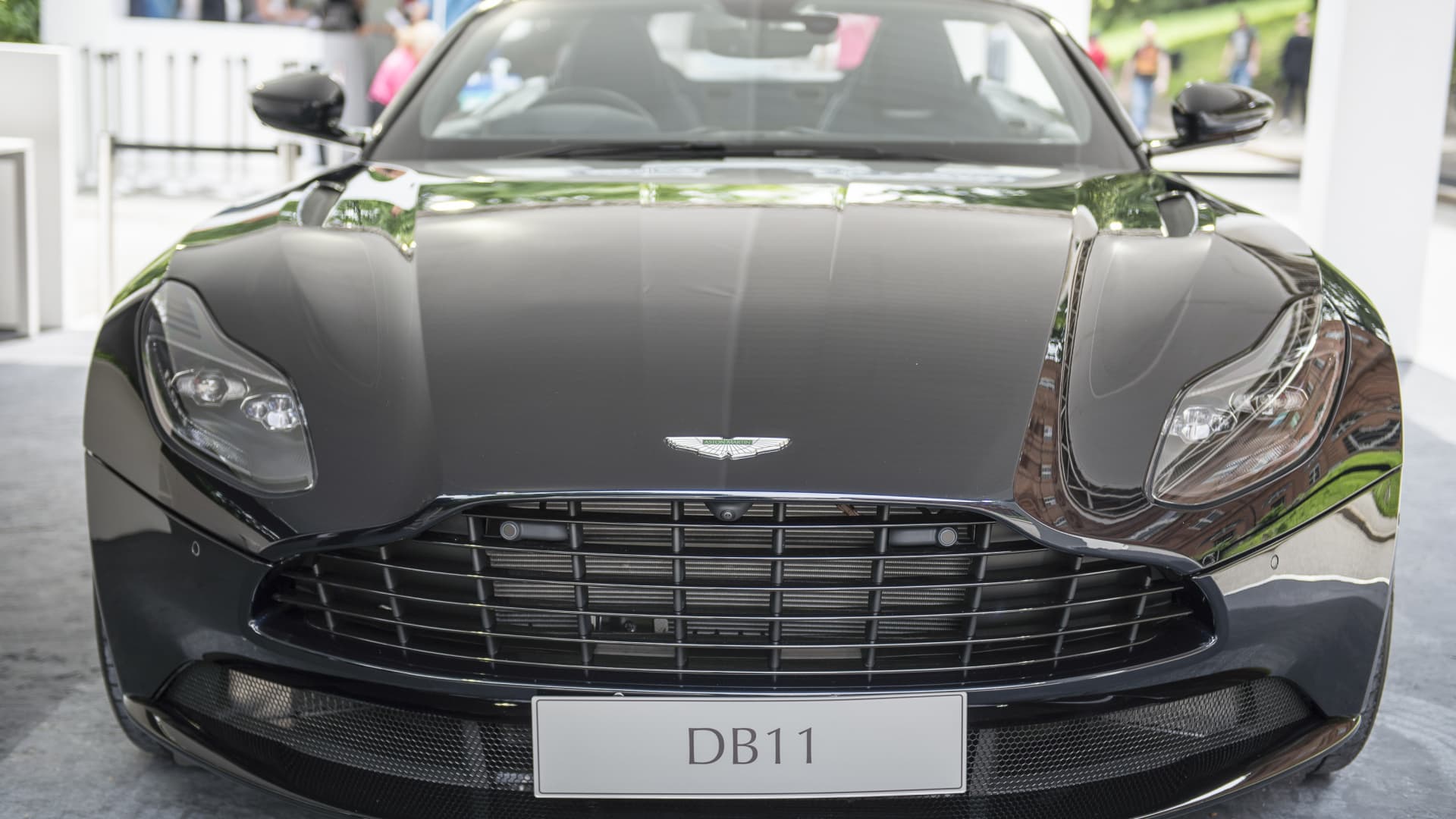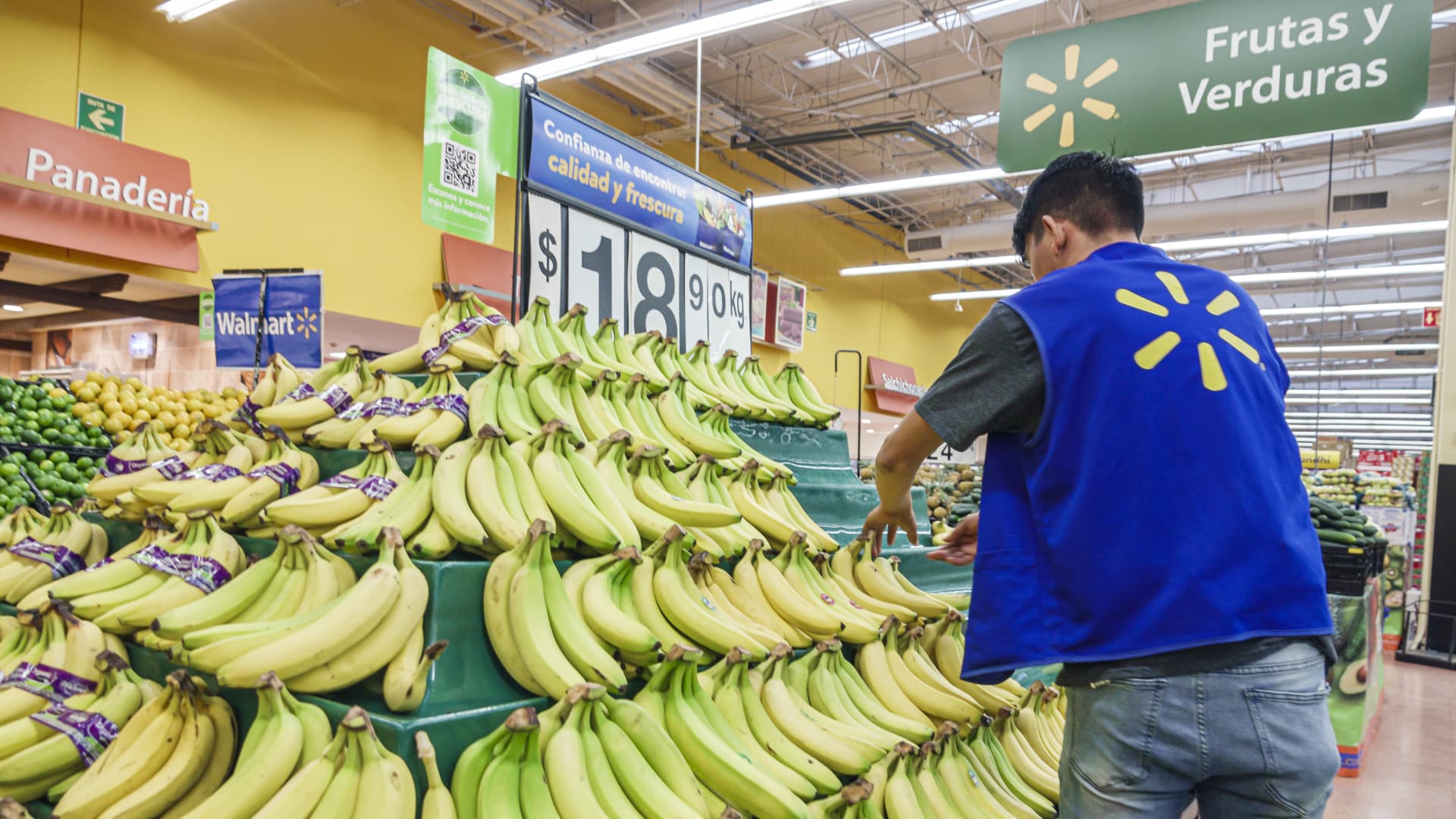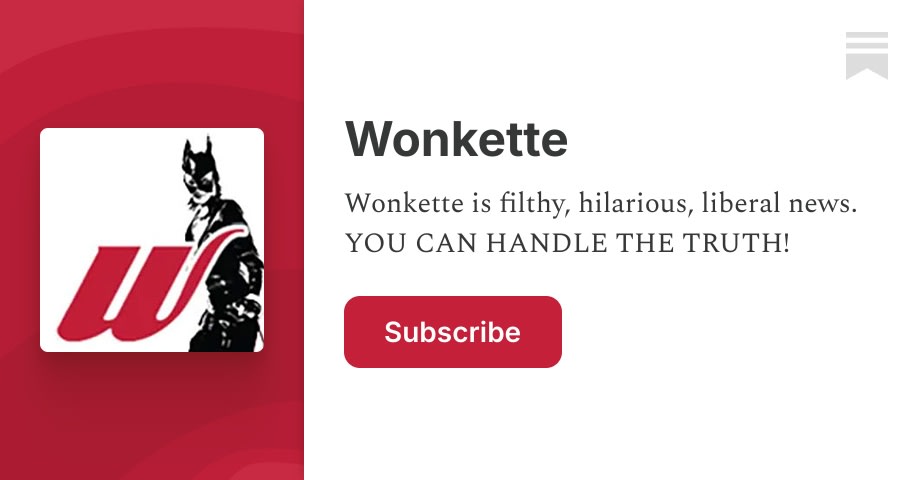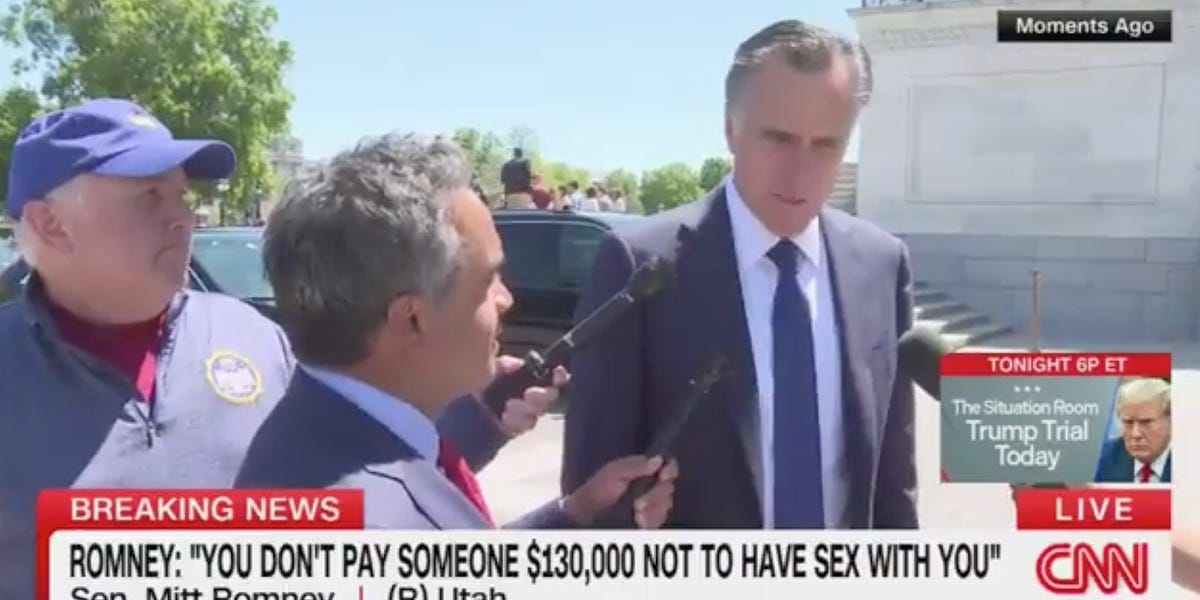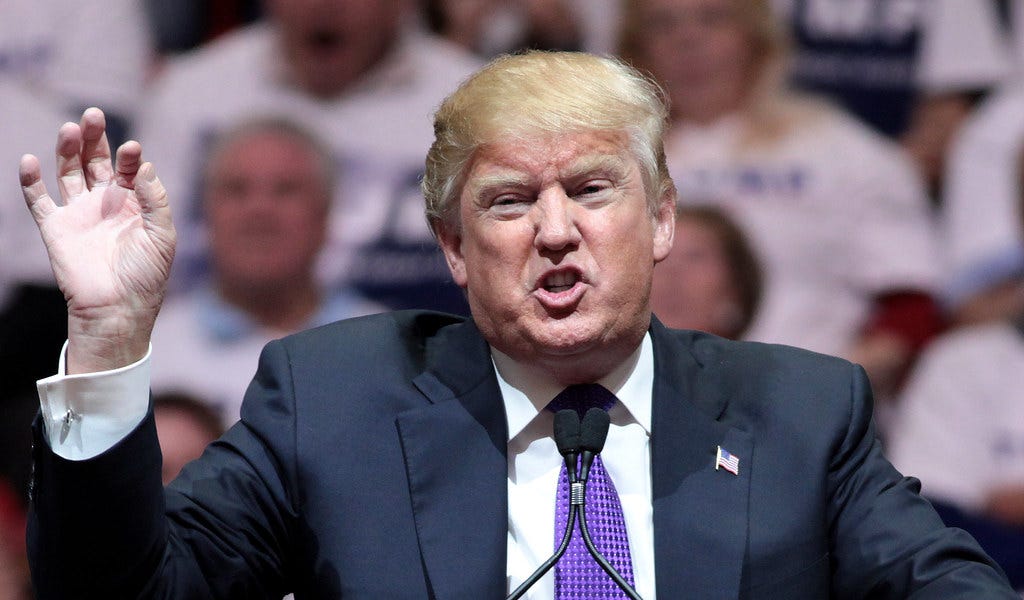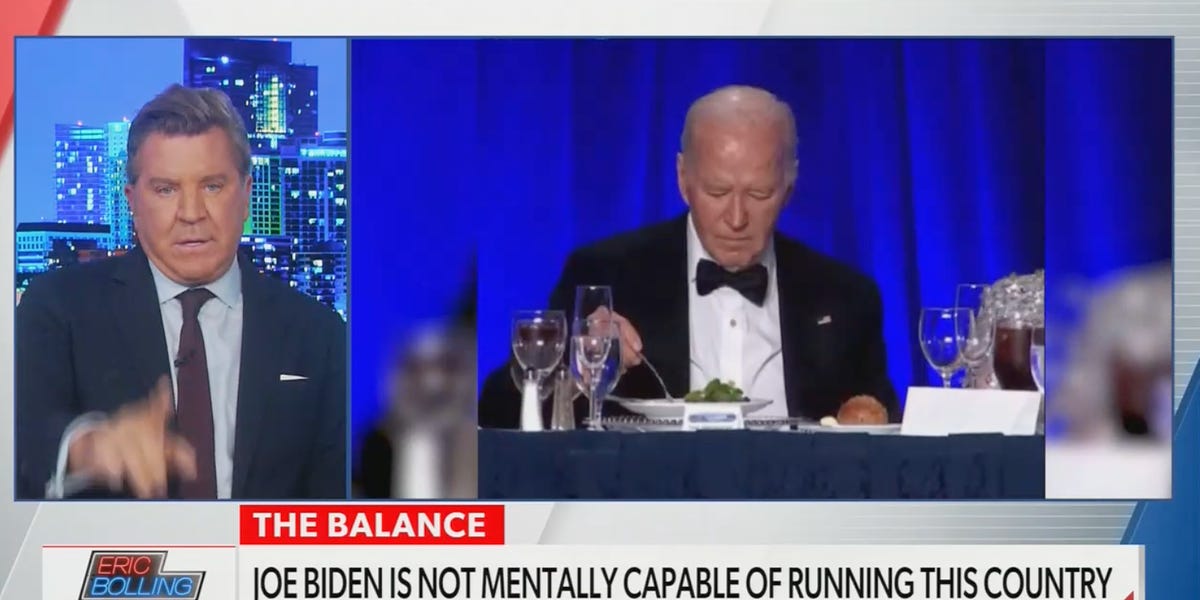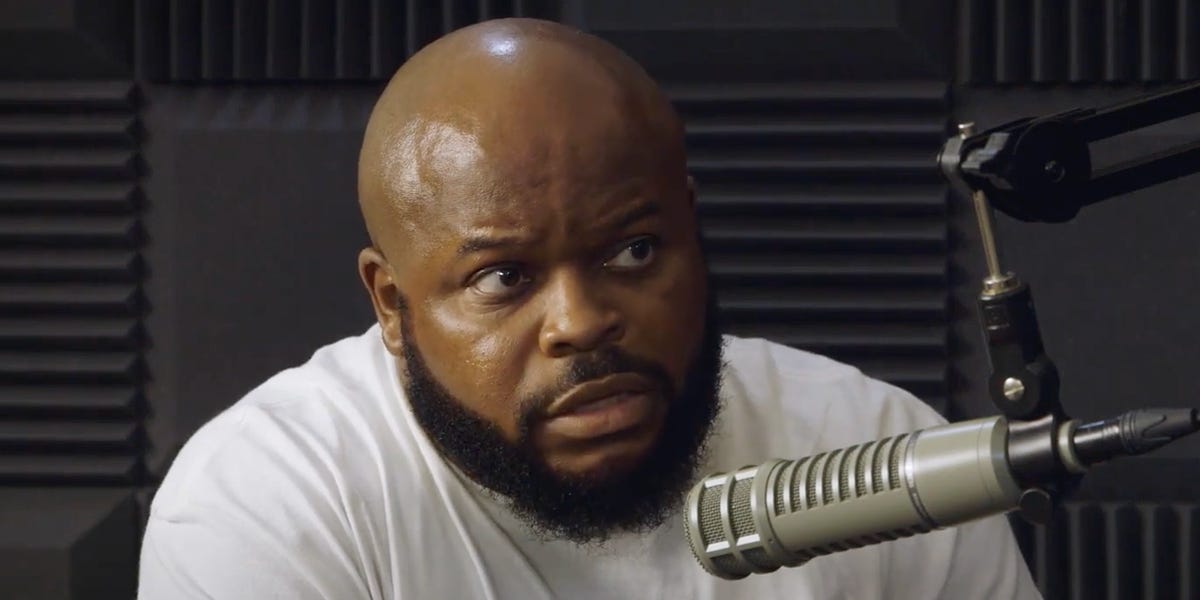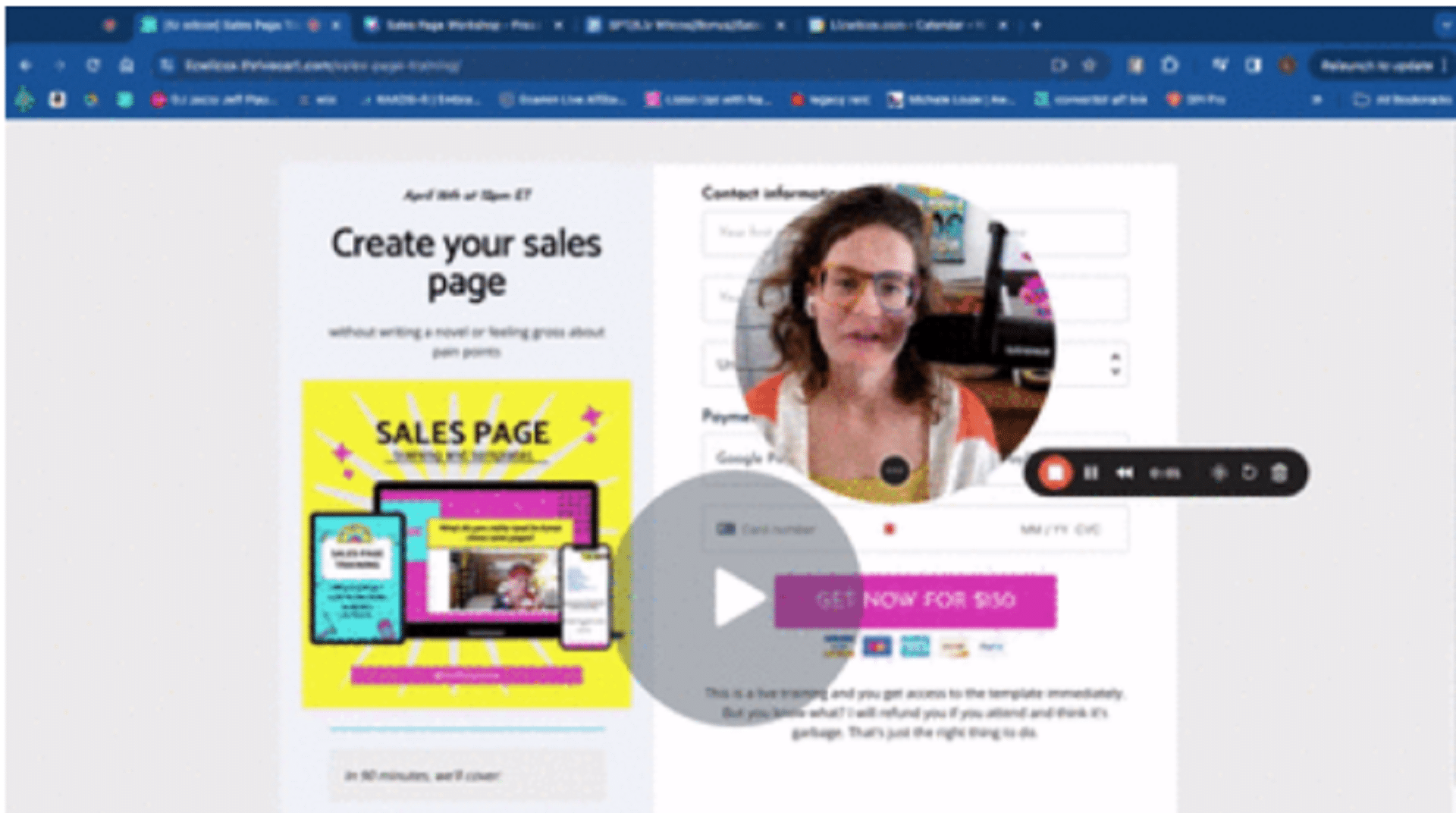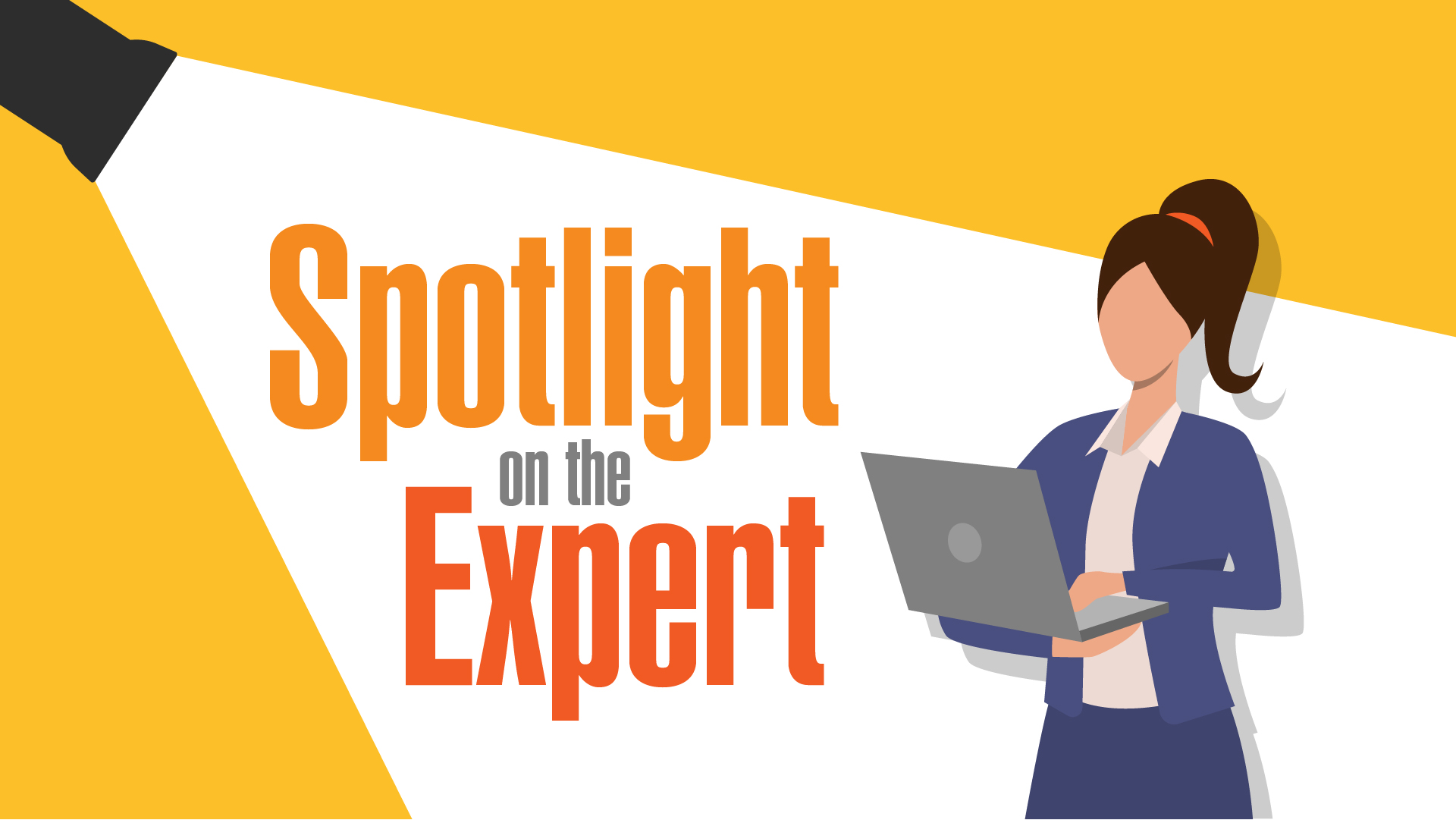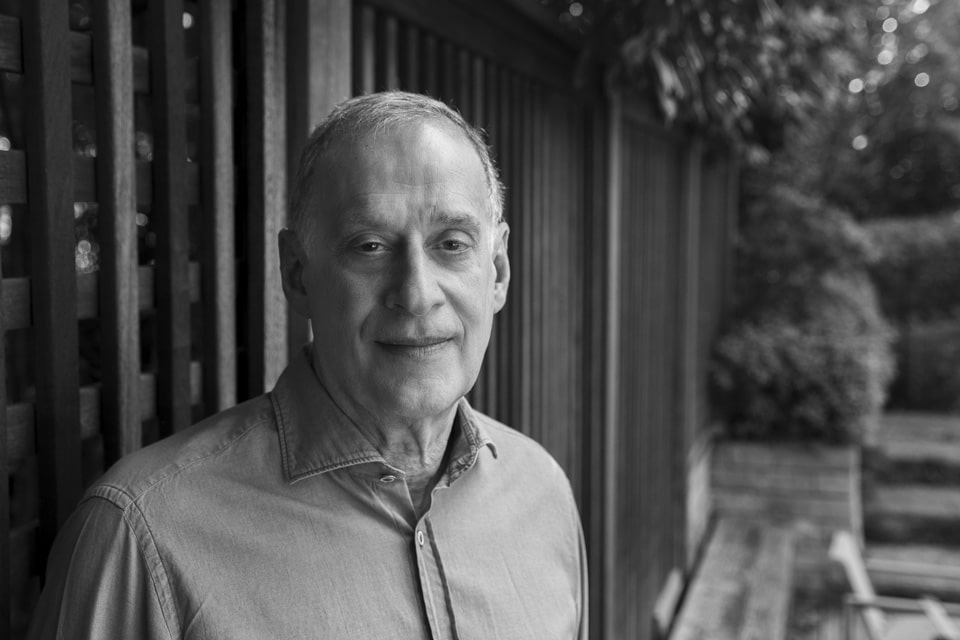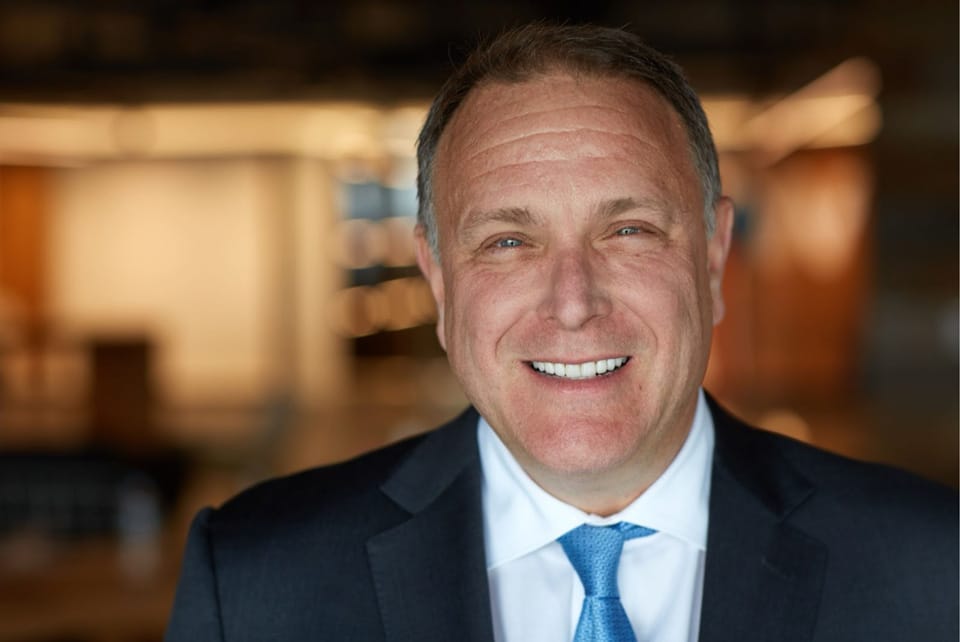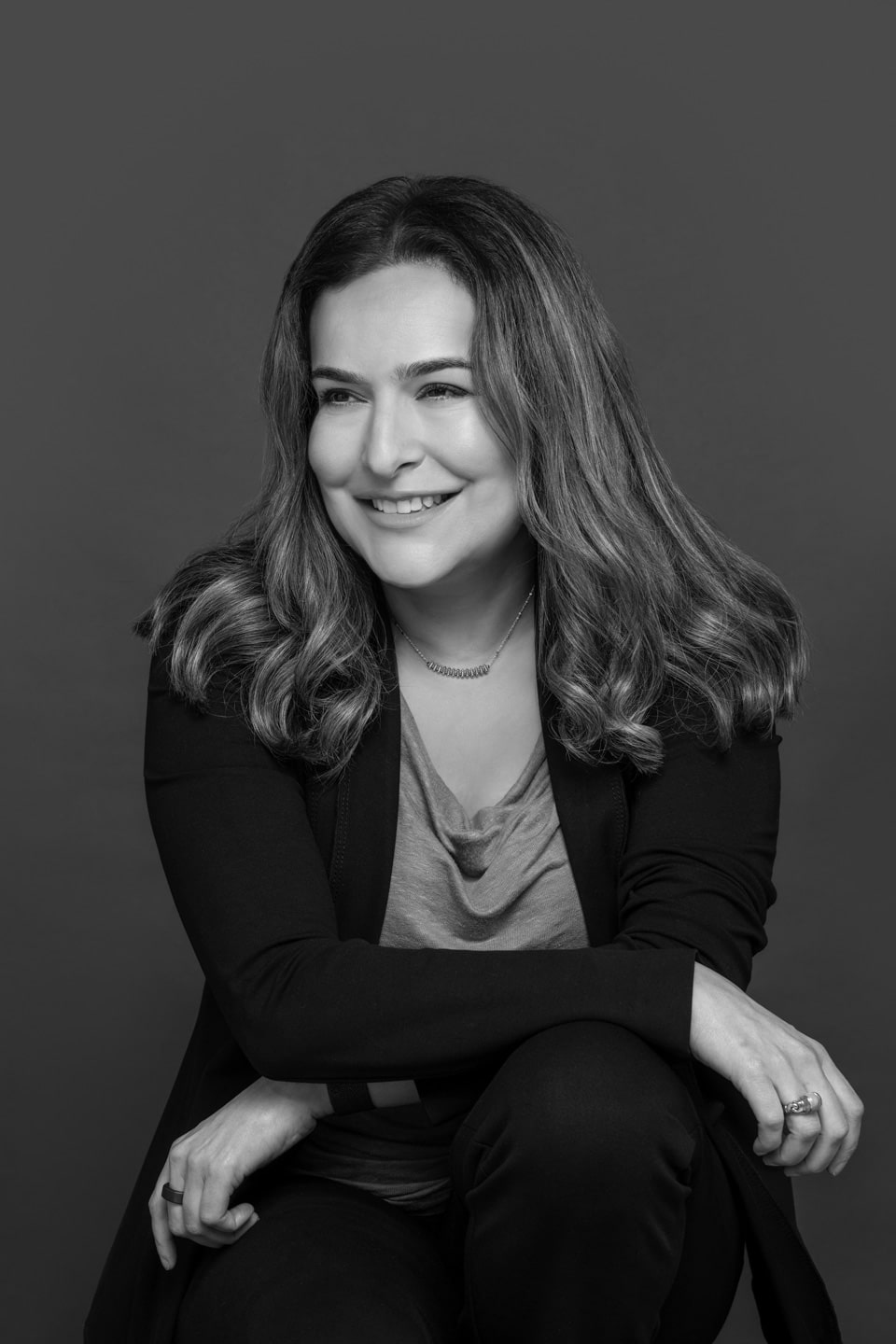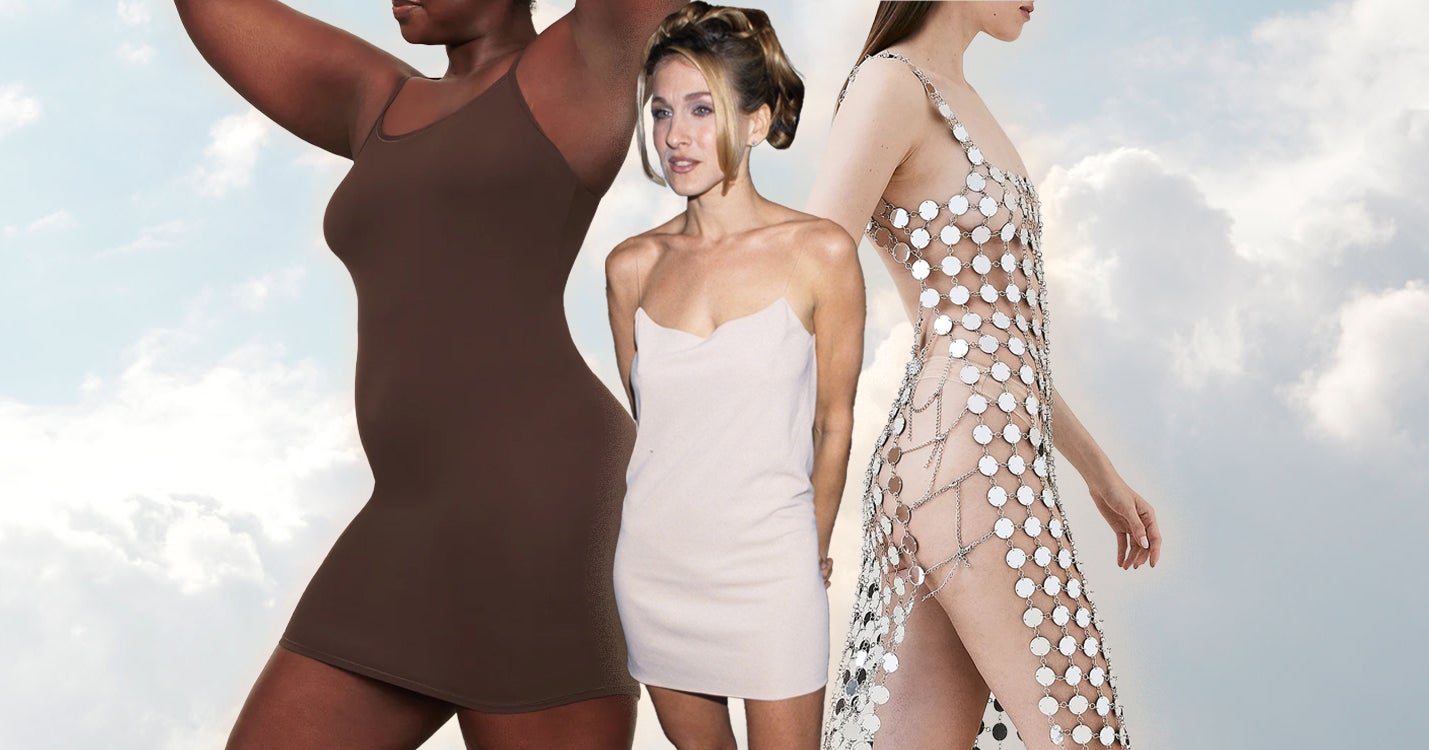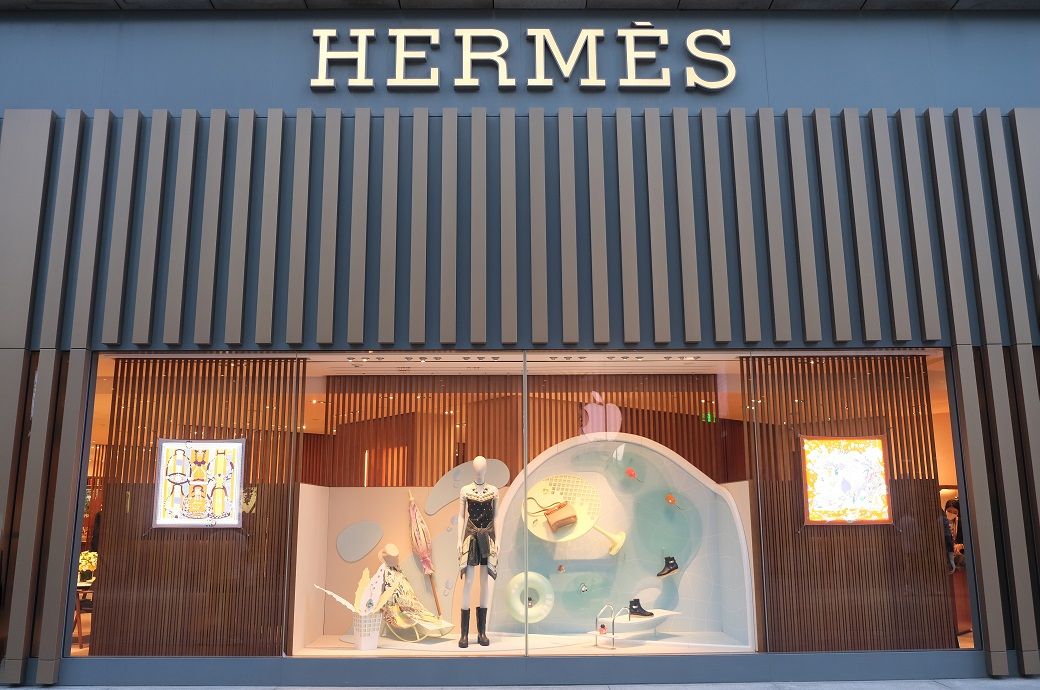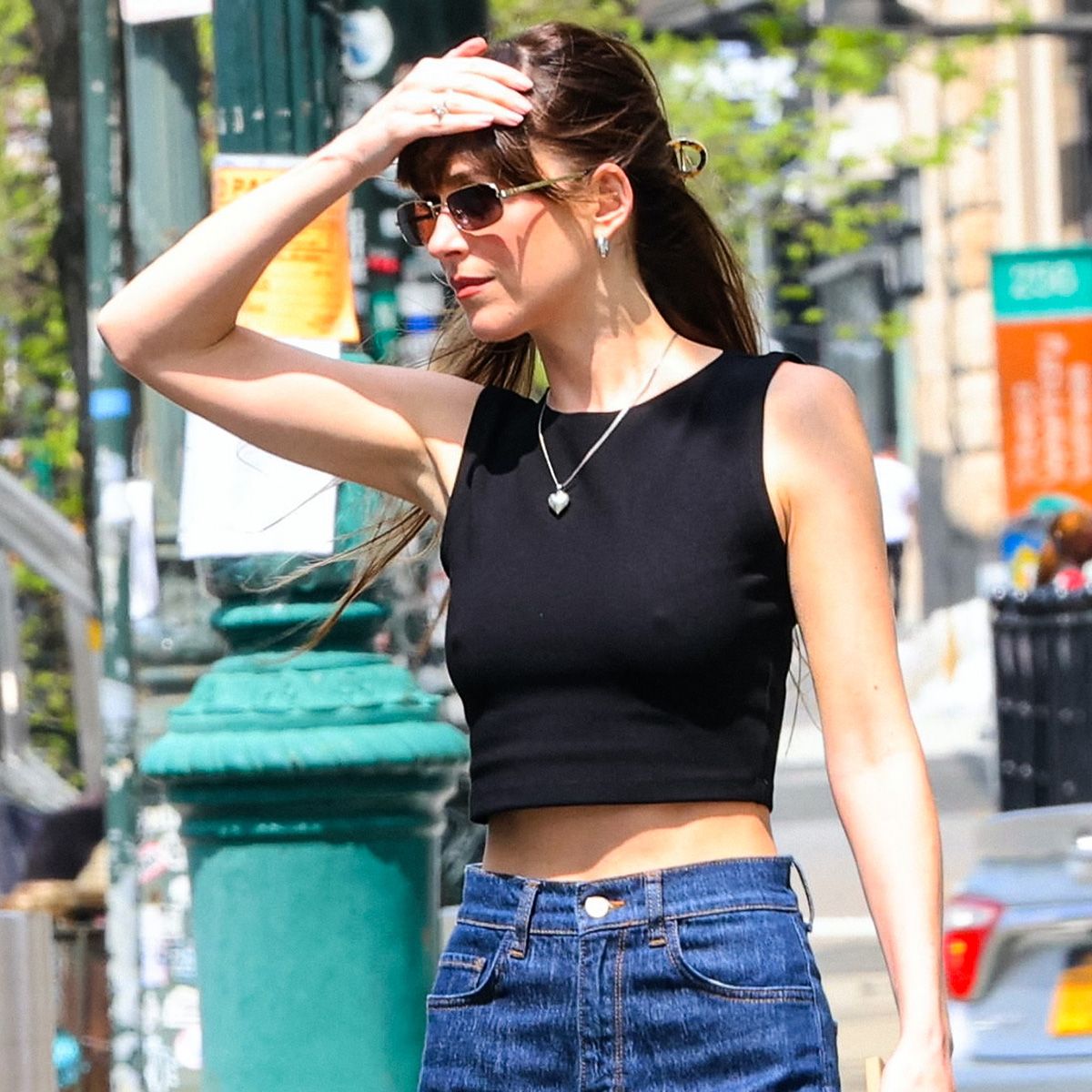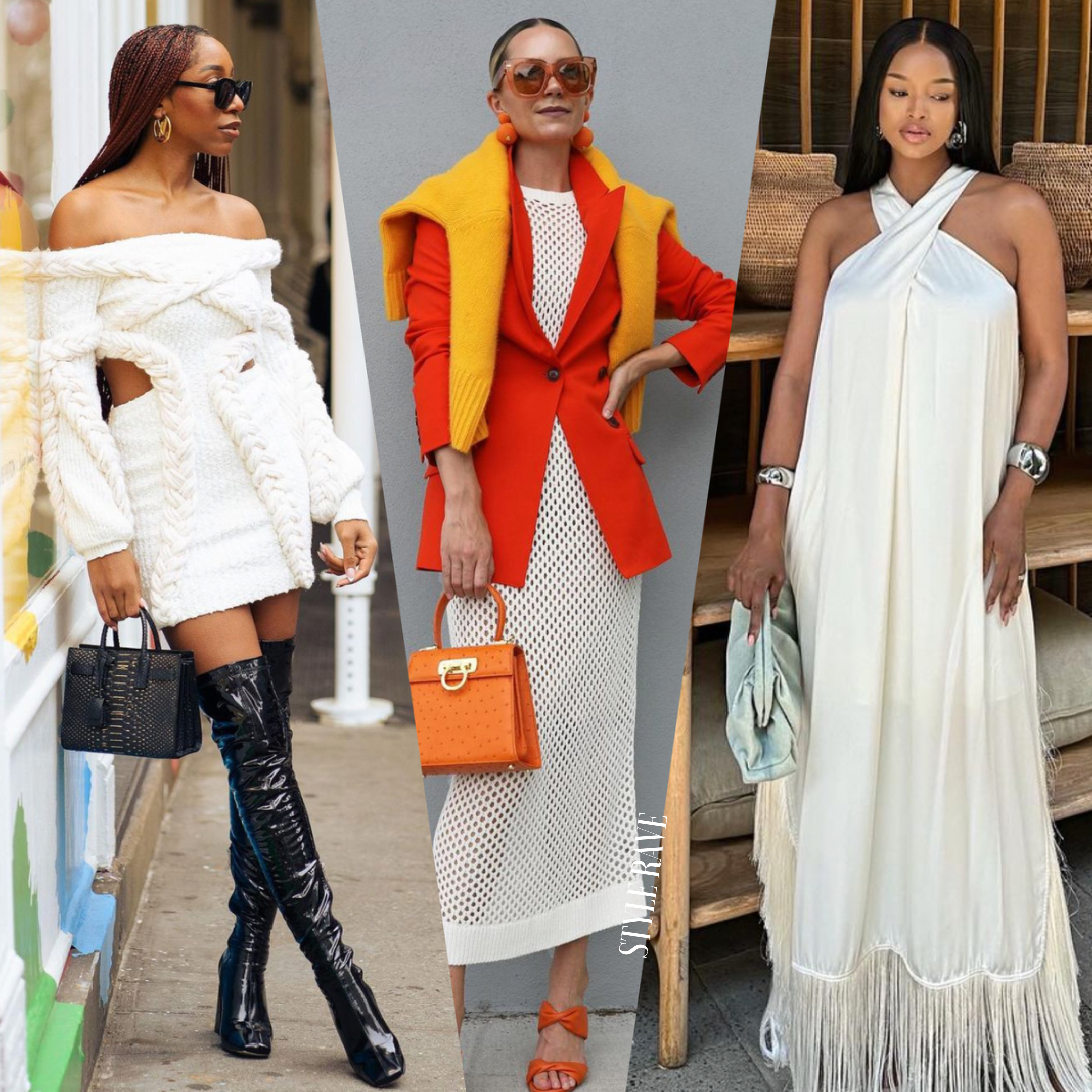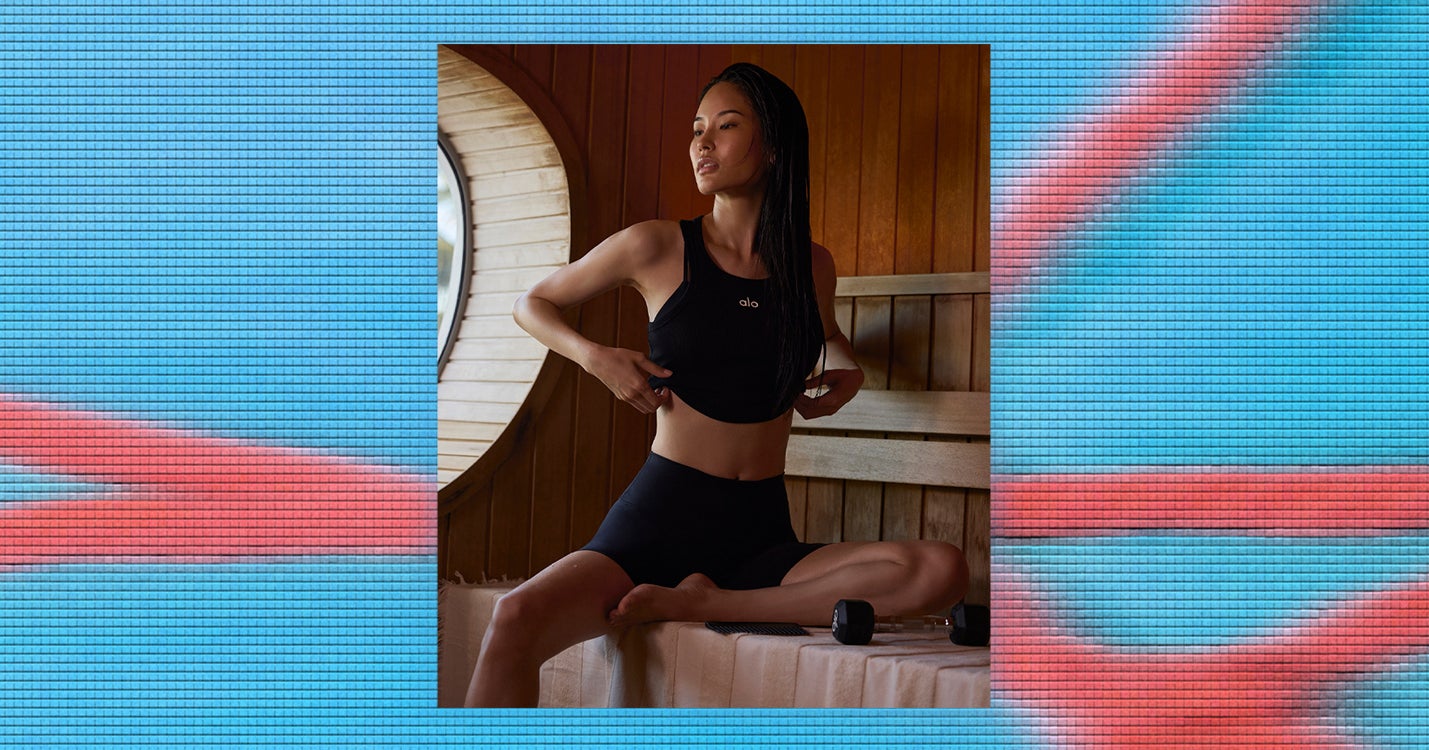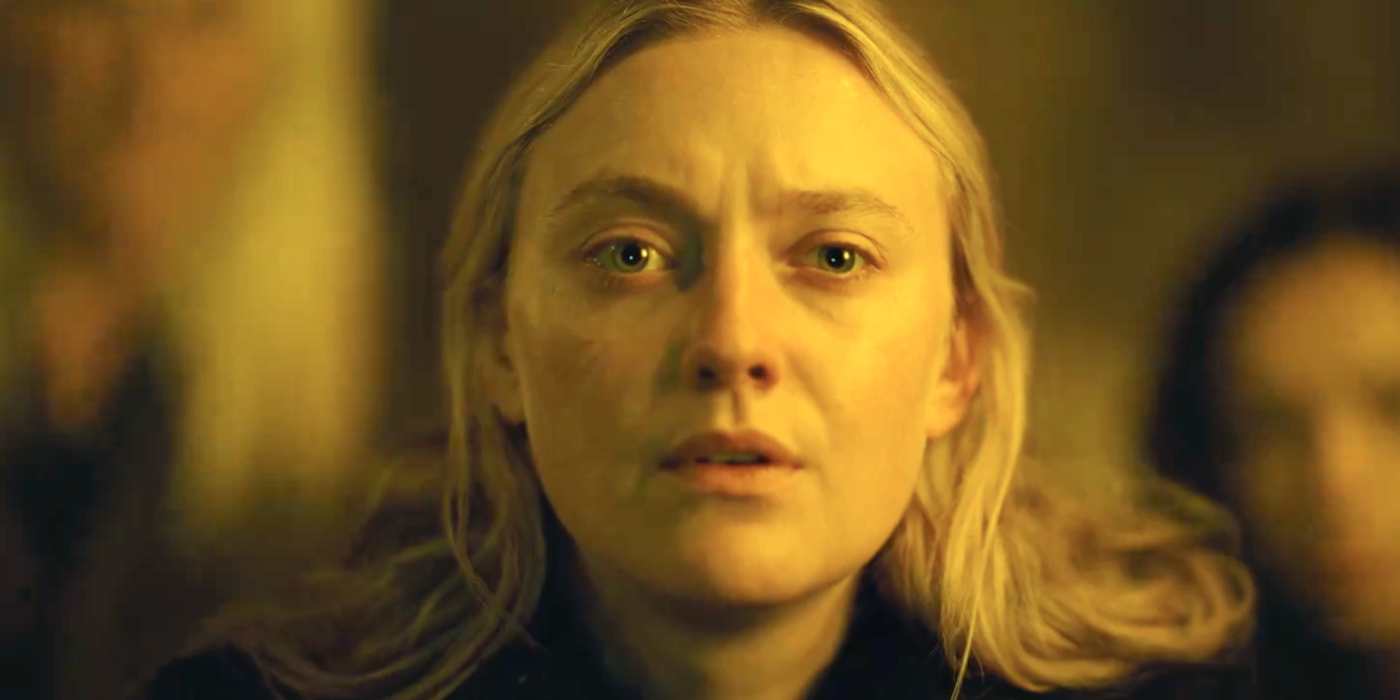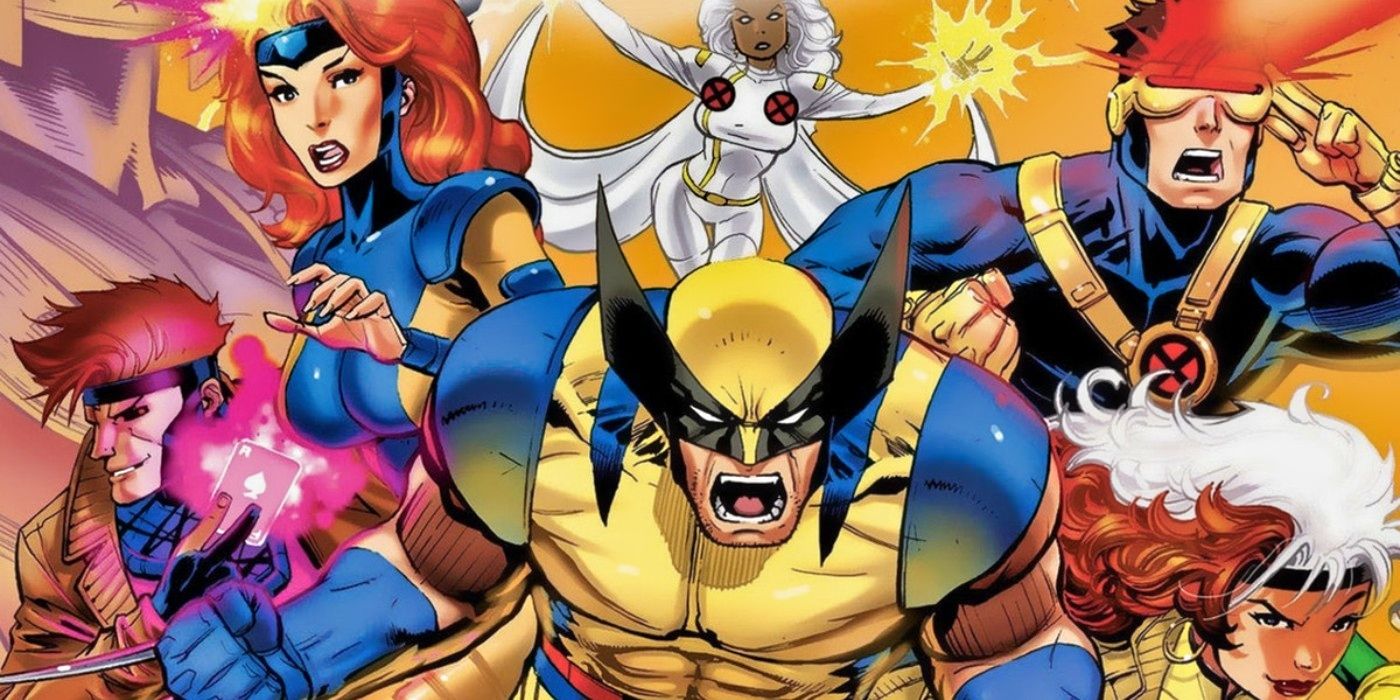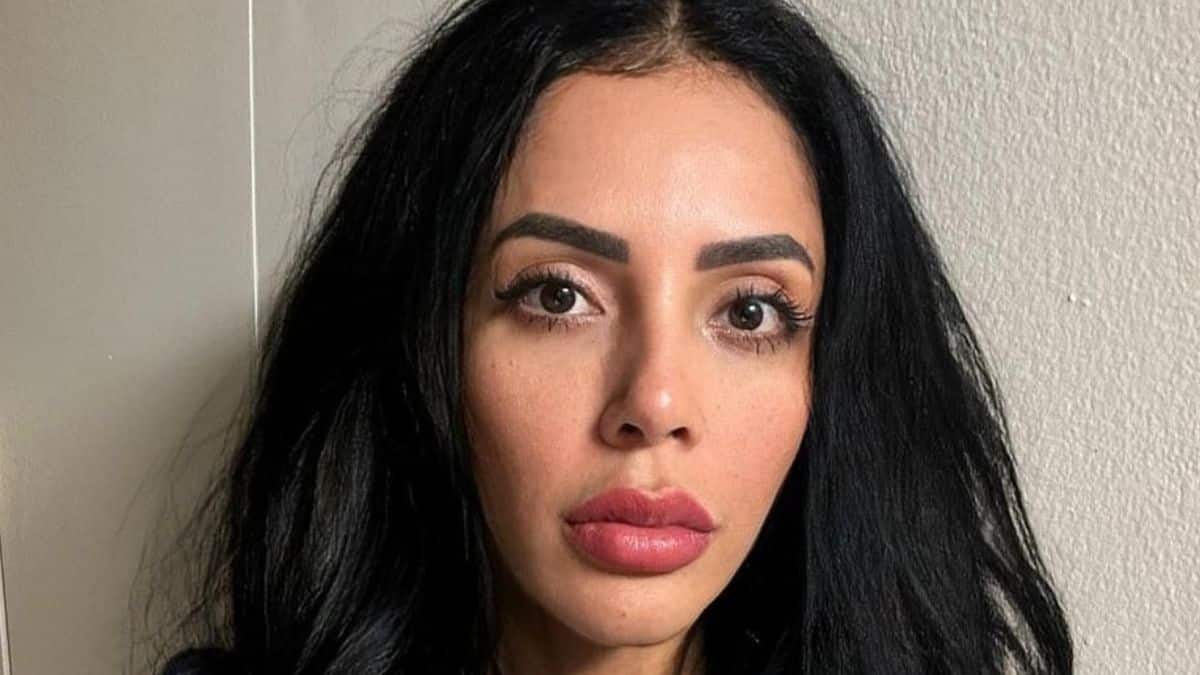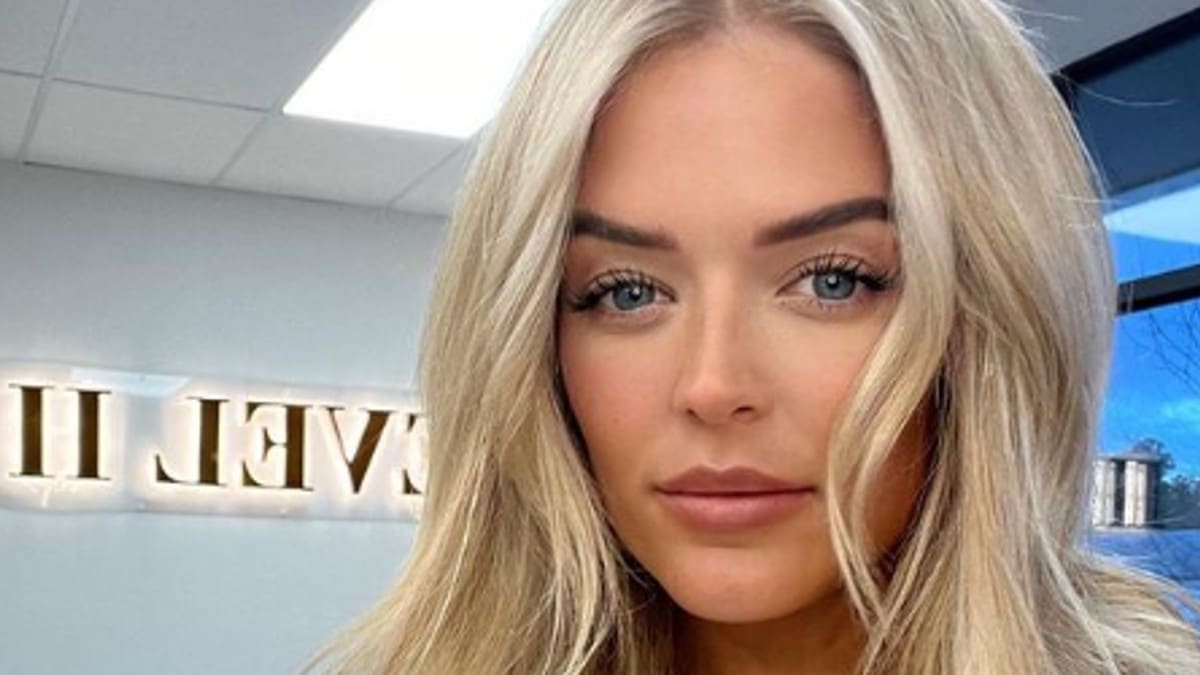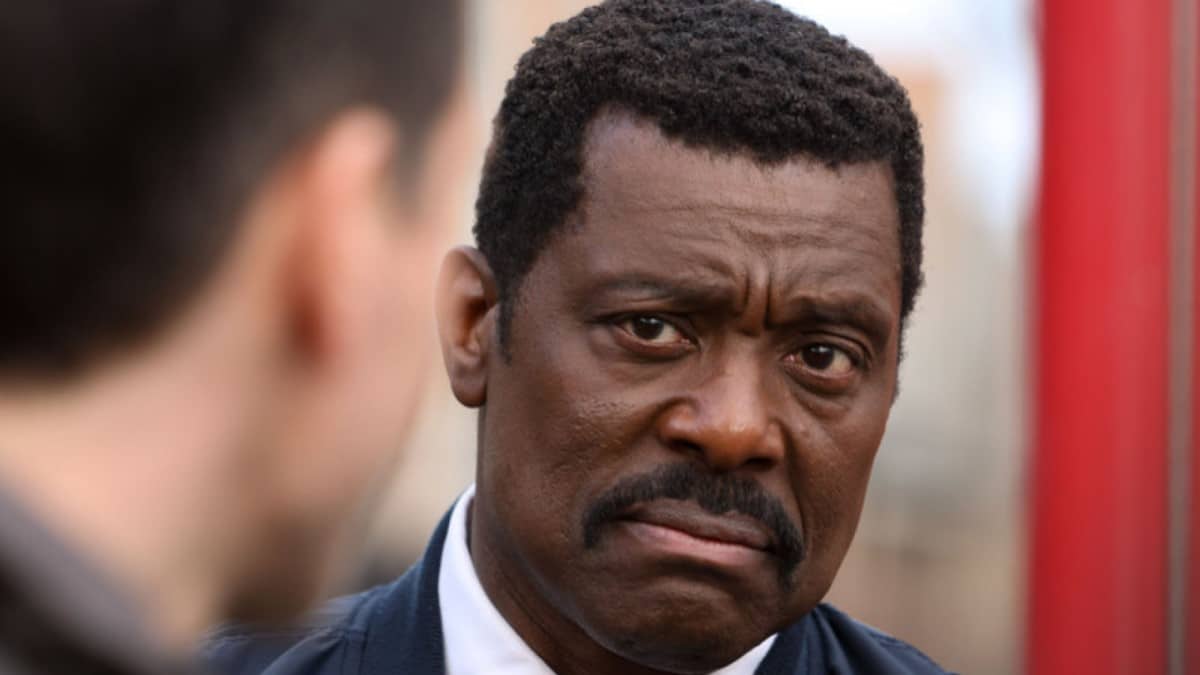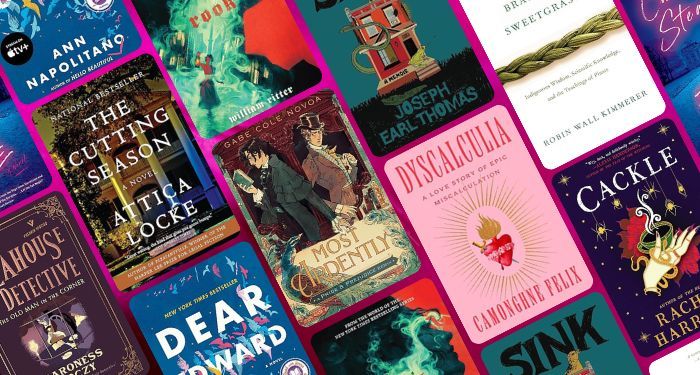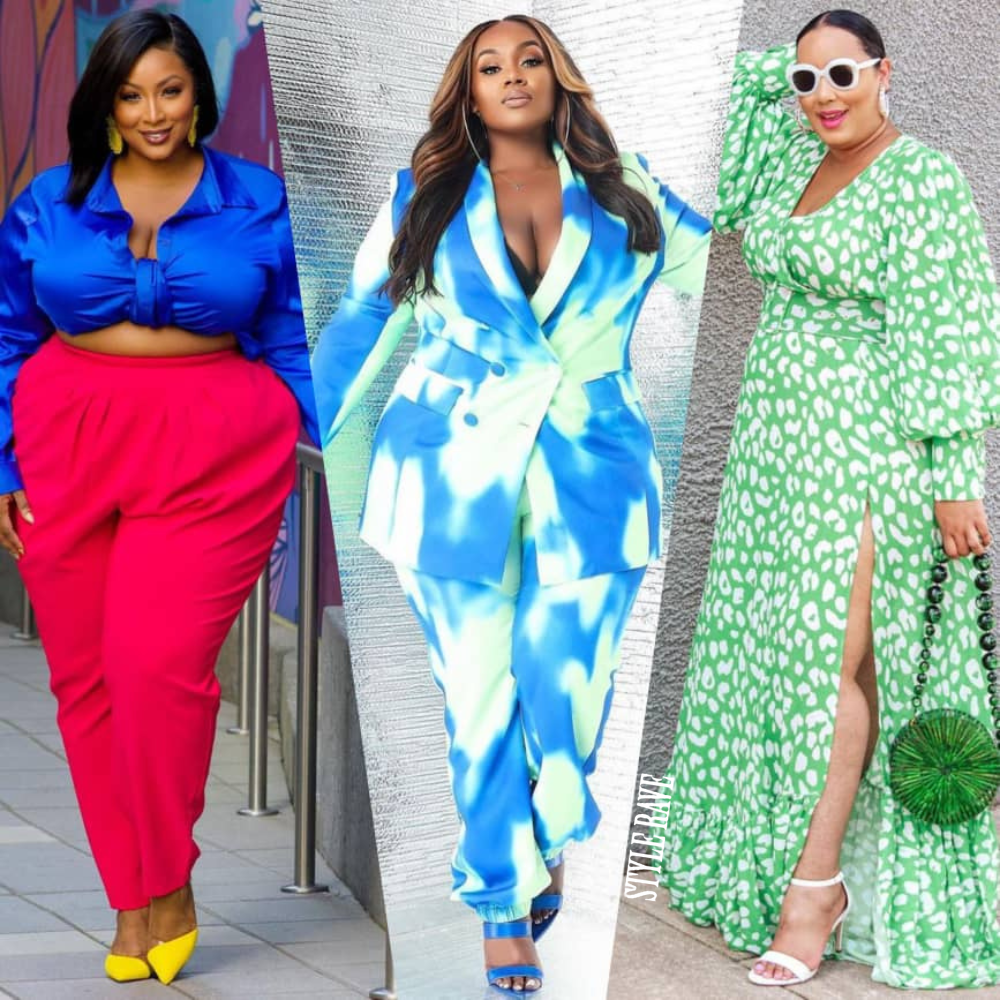Okay, well need to take a step back for a moment here.
Earlier this week, Kylie Jenner shared a post with her 360 million Instagram followers in support of a new petition to ‘Make Instagram Instagram Again’, and revert the app back to how it was before the platform began inserting much more video and recommended content into people’s home feeds.

That petition, which now has more than 225k supporters, calls on Instagram to:
- Bring back the chronological timeline
- Stop trying to be TikTok
- Favor photos in the main display
- Listen to creators
The main impetus here is that users are not happy with the increase in video content, with many just wanting to see updates from their friends, as opposed to random posts from profiles that they don’t follow in the app.
Instagram chief Adam Mosseri responded to this, explaining that while he understands that some people are annoyed, the changes are based on usage trends, and as such, Instagram’s going to stick with them, in order to align with people’s interests.
Yesterday, Meta CEO Mark Zuckerberg went even further, noting that the amount of content displayed to users based on AI recommendations (i.e. accounts you don’t follow) is going to double over the next year.
This, increasingly, is where things are headed, which Meta has reiterated once again today.
As we continue to improve our AI, we’re seeing the value it provides. After launching a new AI model for recommendations, we saw a 15% increase in watch time in the Reels video player on Facebook. That means more valuable content for people and more advertising potential.
— Meta Newsroom (@MetaNewsroom) July 28, 2022
So, like it or not, this is happening, your Instagram feed is changing in line with broader trends, and the stats show that this is the right path.
Makes sense? Well, now Mosseri has seemingly backtracked on that also.
Today, in a new interview with Casey Newton for Platformer, Mosseri has explained that Instagram will actually take a step back from recommended content, as well as its experiment with a full-screen, TikTok-like viewing experience.
As per Mosseri:
“For the new feed designs, people are frustrated and the usage data isn’t great. So there I think that we need to take a big step back, regroup, and figure out how we want to move forward.”
Mosseri seems to be primarily focused on the full-screen IG feed format, which he says will be phased out entirely over the next couple of weeks. But on its AI recommendations, Mosseri also notes that they got it wrong, and that it needs to be re-assessed.
“When you discover something in your field that you didn’t follow before, there should be a high bar – it should just be great. You should be delighted to see it, and I don’t think that’s happening enough right now. So I think we need to take a step back, in terms of the percentage of feed that are recommendations, get better at ranking and recommendations, and then – if and when we do – we can start to grow again.”
So, you can expect to see fewer recommended posts on IG once again, which is a win for the Kardashians, and another endorsement of their influence over social platforms based on their massive audience reach (though Mosseri says that this wasn’t specifically a factor in its decision).
But it’s also a little confusing. On one hand, Zuckerberg is saying ‘more’, while on the other, Mosseri says that it ‘got it wrong’. Which statement actually holds more true to the longer-term plans for the app is hard to say – though it is worth noting that while Instagram may be reducing these new experiments right now, Mosseri also seems fairly clear on the fact that they are the way forward, and that more recommended video posts will be coming to your IG feed.
Just, maybe, not yet.
Does that mean that Instagram will ease back to, say, 10% of your feed being recommendations, before ramping back up over the next few months, with the longer-term target of 30% (as stated by Zuckerberg) still in mind?
Honestly? Probably.
Mosseri has underlined the fact that these changes are based on usage trends, and if Instagram can eek out more engagement by aligning with evolving shifts, it’s going to do it. So while it may feel like a short-term ‘win’ for those in support of old IG, I suspect it will be short-lived, and that Meta will continue to lean in to AI recommendations, especially as it seeks to prop up its ad business in any way that it can.
But there is a delicate balance required, and both Mosseri and Zuck are both well aware of this.
At the end of the day, though, Instagram is going to change.
Here’s my tip – I’m guessing that Meta’s currently pushing its team of 70+ lobbyists in Washington to keep amplifying the ongoing concerns with TikTok, in the hopes that the app will face more regulatory scrutiny, and a potential ban in the US.
Meta spent $20 million on lobbying in 2021, and there’s already an established history of it seeding concerns about its Chinese-owned rival. If Meta can get TikTok banned, or even restricted, that will open the door for Instagram to take hold – just as it has in India, in the wake of the TikTok ban in that region.
In this respect, Instagram’s changes may well be viewed as a pathway to replace TikTok entirely, not just replicate it – and if that happens, you can bet that a lot more people will be more open to Instagram making such updates.
Expect to see more reports of US senators raising serious concerns about TikTok in the coming months.



